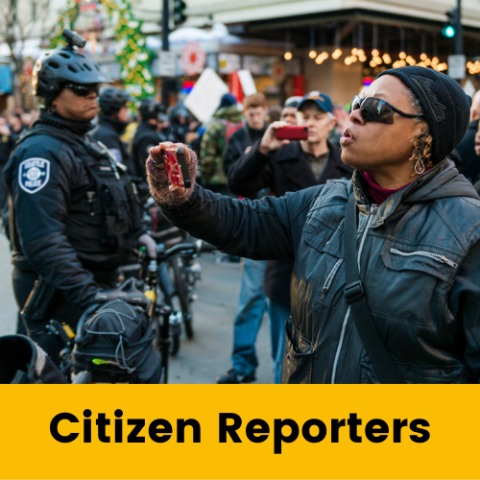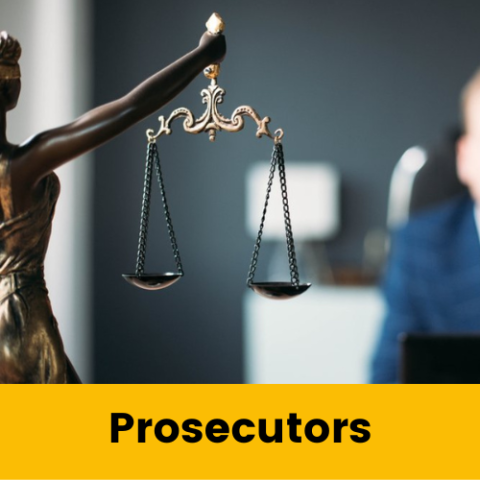Date of Offense
Reporting Authority
Supporting Document(s)
Statement
This DA along with the aid of a public defender coerced a plea by refusing to gain a recorded confession for a hearing agreeing to a plea then not showing up for the hearing and the ADA change the terms minutes before seeing the judge but offered a furlough and window for appeal. Later finding out another confession was given to this ADA but witheld from defendant. It doesnt end there bc a private attorney then aided in a coverup once defendant discovered the brady violation and sought to withdraw his plea. Also on record is the audio confession recording but could not upload it here. The case 17CR21270 is filled with evidence that not only show a Brady Violation occurred but the lengths to which multiple attorneys went to conceal it and cover it up. Unjustifiably at the expense of an innocent defendant who has done everything possible filing pro se and yet cannot bring the case to a just and correct ending. Please pull the file of case 17CR21270 it is lengthy yet direct and very clearly explained in the last 4 pro se motions yet all will show the progression of legal knowledge while trying to prove the defenses innocence to the court and gain remedial action a hearing was set March 3 2022 but the defense will only attend a zoom hearing bc of the fear of retaliation and false imprisonment due to these monsters in suits. Thank you for your help in bringing accountability finally to these bad actors. Theyre poison in the vein of justice in Chattooga County. Just a few of the evidences of innocence included here more is on file for your review


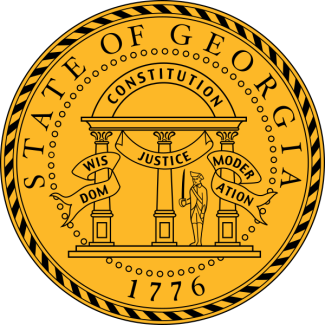
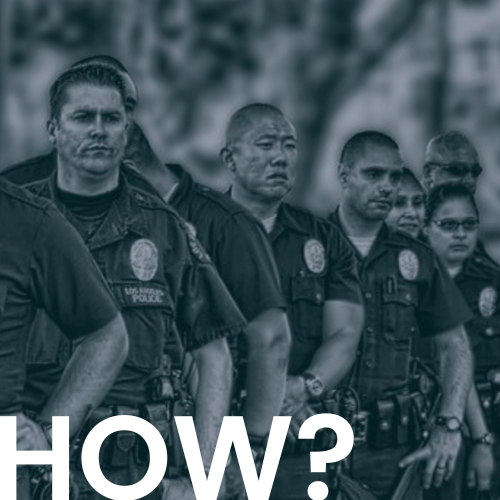
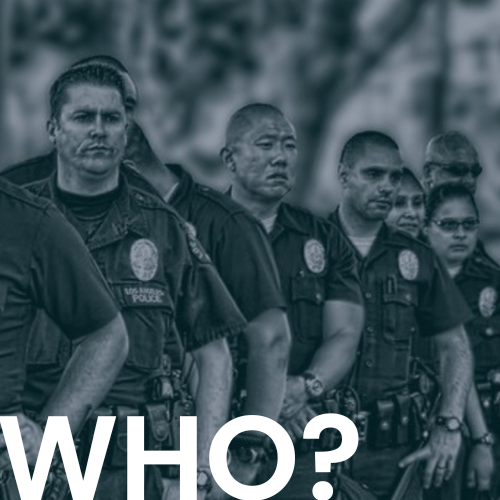
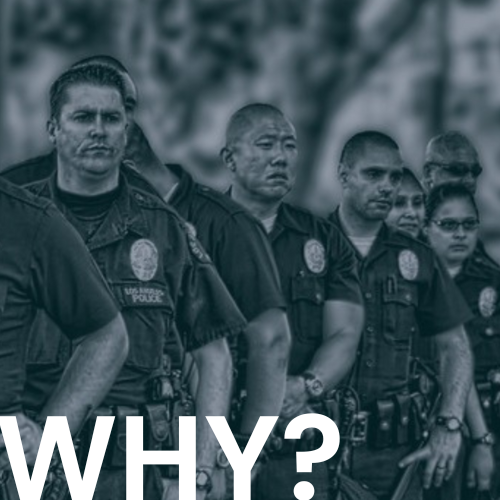
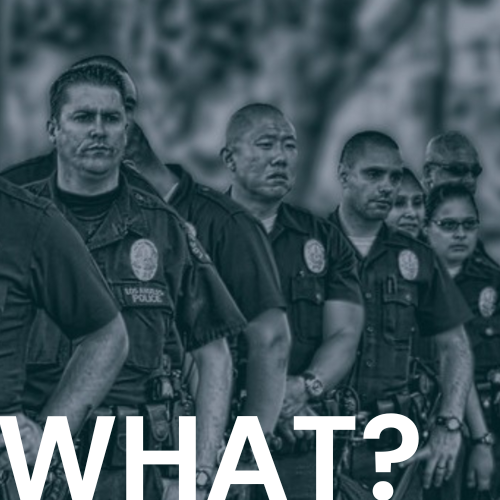
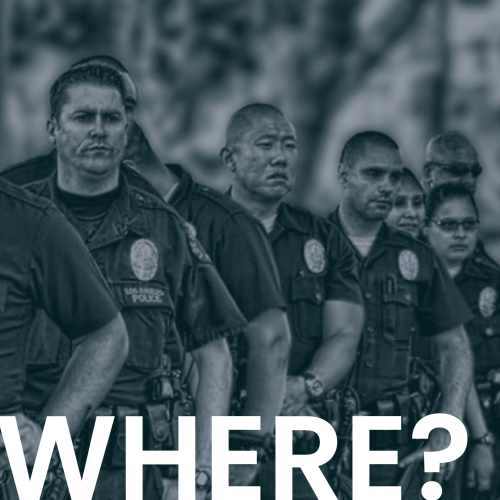
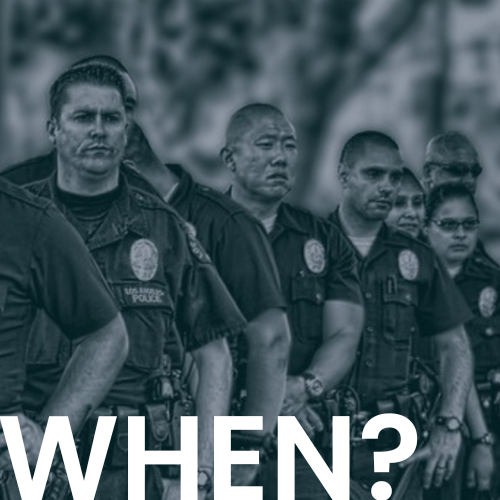
![Peace Officer Standards & Training [POST] Departments Peace Officer Standards & Training [POST] Departments](/sites/default/files/styles/large/public/2023-07/Brady.png?itok=xsIFvU8R)
![Organizations [Law Enforcement et al.] Organizations [Law Enforcement et al.]](/sites/default/files/styles/large/public/2023-07/Brady%20%282%29.png?itok=H7Pj15F8)
